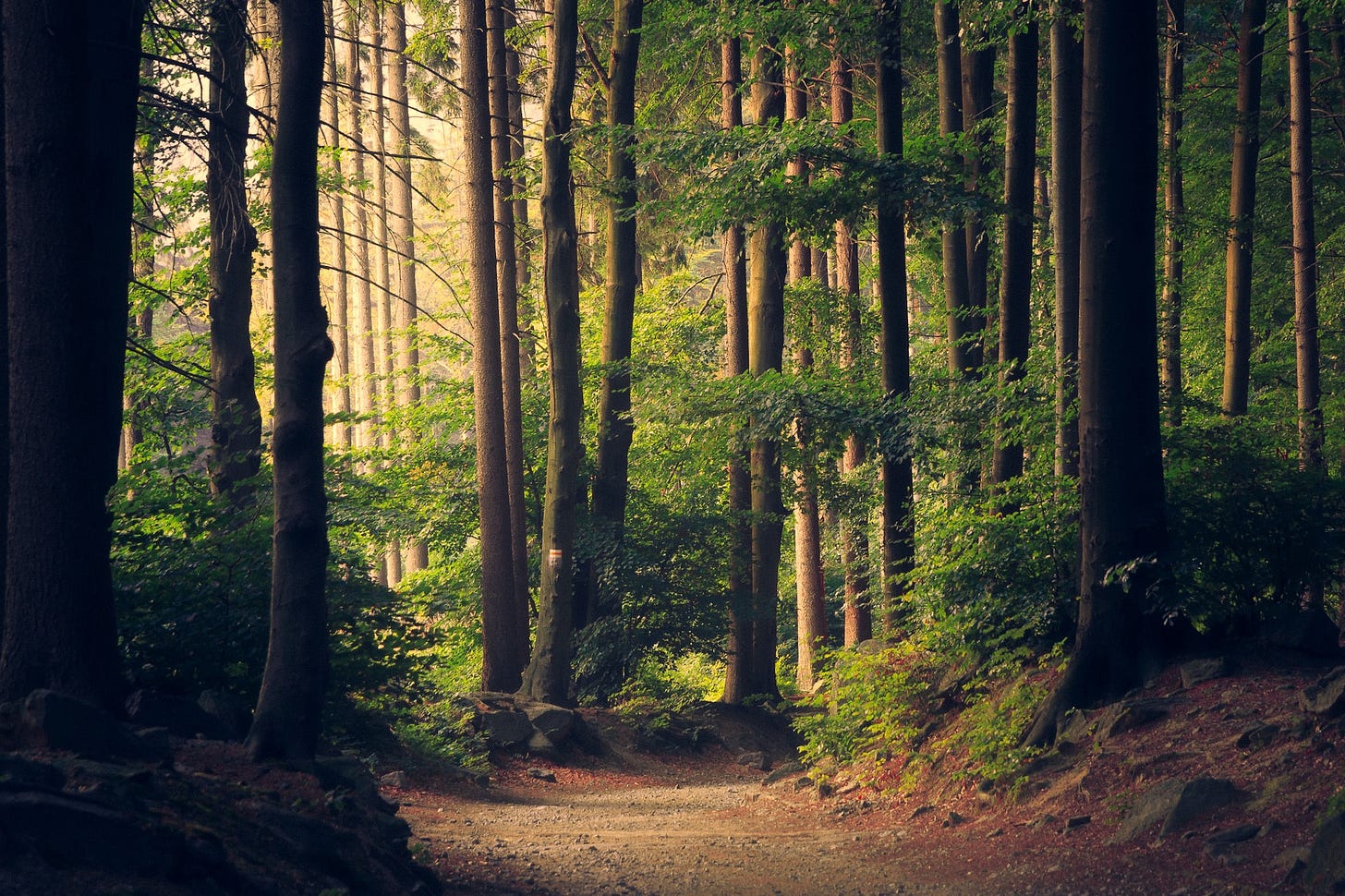[From the Archives] Why Don’t Anthropologists Study Adventure?
A Brief Overview of Adventure in the Social Sciences and Humanities

Greetings fellow wanderers,
Today I am republishing another post from the archives. As Those Who Wander has now breached 450 subscribers and is gaining momentum, I realize the bulk of new subscribers may not have access to some of my initial writings and with 78 posts in the archive now, I want to give some exposure to…
Keep reading with a 7-day free trial
Subscribe to Those Who Wander to keep reading this post and get 7 days of free access to the full post archives.


